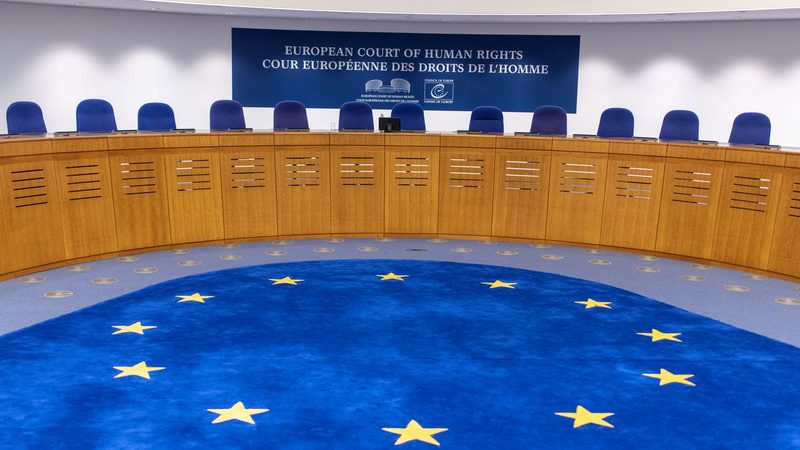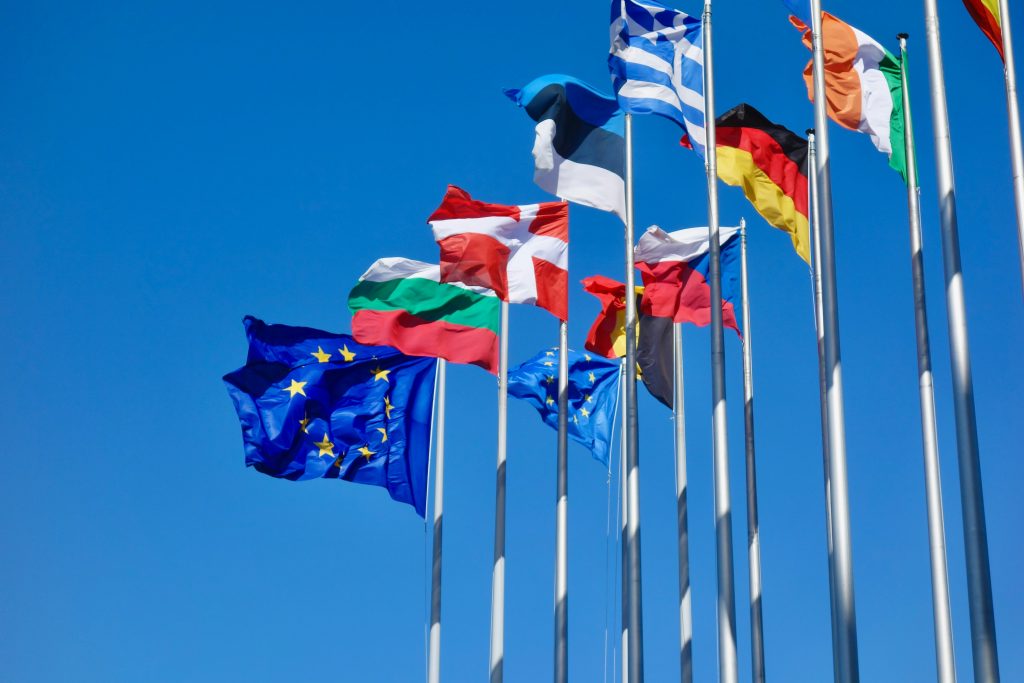HRMI files a third-party intervention in the case C.O.C.G. and Others v. Lithuania in which Cuban nationals complain to the European Court of Human Rights about their multiple pushbacks to Belarus, ill-treatment by border officials and unjustified detention.
The purpose of third-party intervention is to provide the Court with objective and impartial information relevant to the case, without commenting on the merits or circumstances of the particular case.
Lack of effective access to asylum procedures
The intervention draws the Court’s attention to the fact that since August 2, 2021, after the adoption of the policy and practice of “pushbacks”, effective access to asylum procedures in Lithuania has been practically non-existent. Although according to the current legal regulation, the State Border Guard Service may accept asylum applications from irregular border crossers if they are vulnerable or fleeing military aggression and/or persecution. In 2022 only 206 asylum applications from irregular Lithuanian-Belarusian border crossers were registered.
The majority of these applications were accepted from Belarusian and Russian nationals, while people from other regions were collectively returned to Belarus, except in a small number of cases where people were allowed to apply for asylum on the grounds of a medical emergency, or because they were in possession of interim protection measures issued by the European Court of Human Rights, prohibiting their removal.
From the beginning of the legalisation of “pushbacks” until today, 20,203 pushbacks/expulsions from Lithuanian territory have been recorded. This figure reached 11 211 cases in 2022 and 893 in 2023. It is not known from these statistics how many cases of pushbacks/expulsion were repeated.
Obstacles to applying for asylum at border crossing points and diplomatic missions
The intervention notes that persons seeking to lodge asylum applications at international border checkpoints face serious obstacles. They need to pass through Belarusian border controls to enter Lithuania. According to the Belarusian authorities, this requires valid identity documents and a valid Belarusian visa. Lithuanian Red Cross in 2022, in its monitoring report notes, that people without a valid visa would certainly face obstacles at Belarusian border crossings and would likely face detention and sanctions. In 2022, 92 asylum applications were lodged at border crossing points with Belarus, of which 82 were from Russian and Tajik nationals.
Although it is technically possible to apply for asylum at the Lithuanian Embassy in Belarus, you also need valid documents proving your identity and legal presence in Belarus. Moreover, there is no specific procedure for dealing with requests made specifically at the embassy. If the Migration Department delays the processing of these applications, they face a real risk of return to their countries of origin. In 2022, 27 asylum applications were lodged at the Embassy, but in 2023, only 6 of them were still pending; the remaining applications were either closed or attempts were made to contact the applicants.
Unjustified prolonged detention of asylum seekers
The intervention notes that between 2021 and 2022 asylum seekers were massively and automatically subjected to long-term accommodation in ad hoc camps and later on in reception and registration centres. According to the findings of various authorities and Lithuanian law practise, such accommodation amounted to de facto detention. However, the detention did not involve individual decisions that could be challenged in court. Moreover, they were not properly informed of their rights or of the possibility to challenge the lawfulness of such detention before a court, which made it difficult for asylum seekers to exercise this right in practice.
The full text of the third party intervention can be read here.
The third-party intervention was developed in the framework of the project “Crossing the Border: monitoring and advocating for the rights of migrants and asylum seekers” supported by the Active Citizens Foundation.
Photo by Patrick Seeger, EURACTIV.









